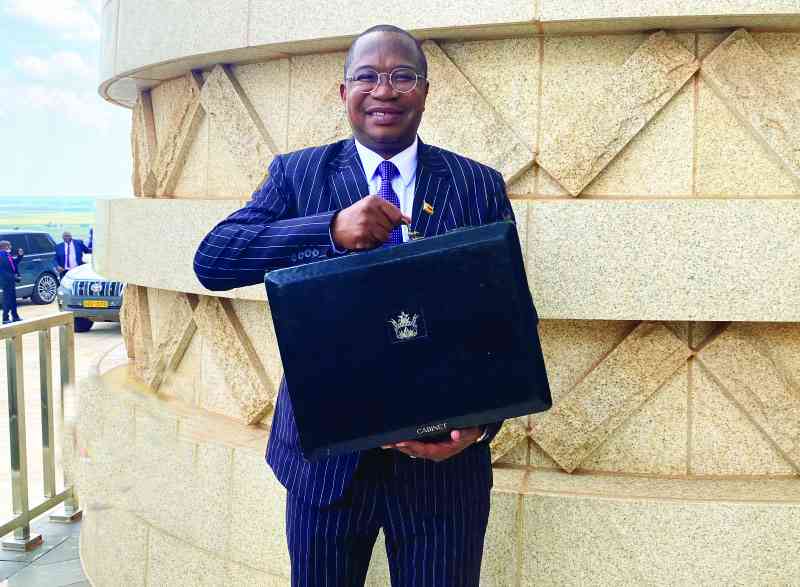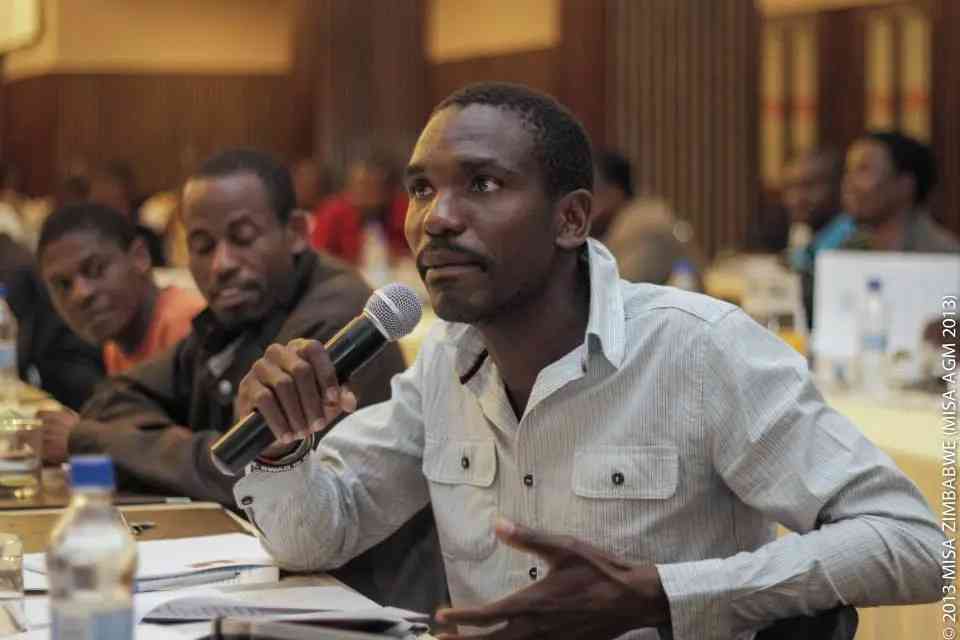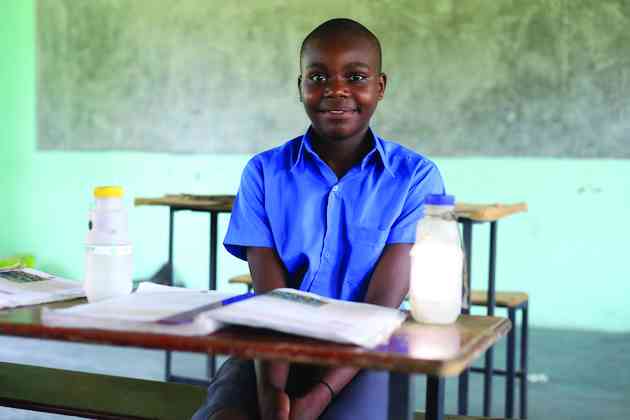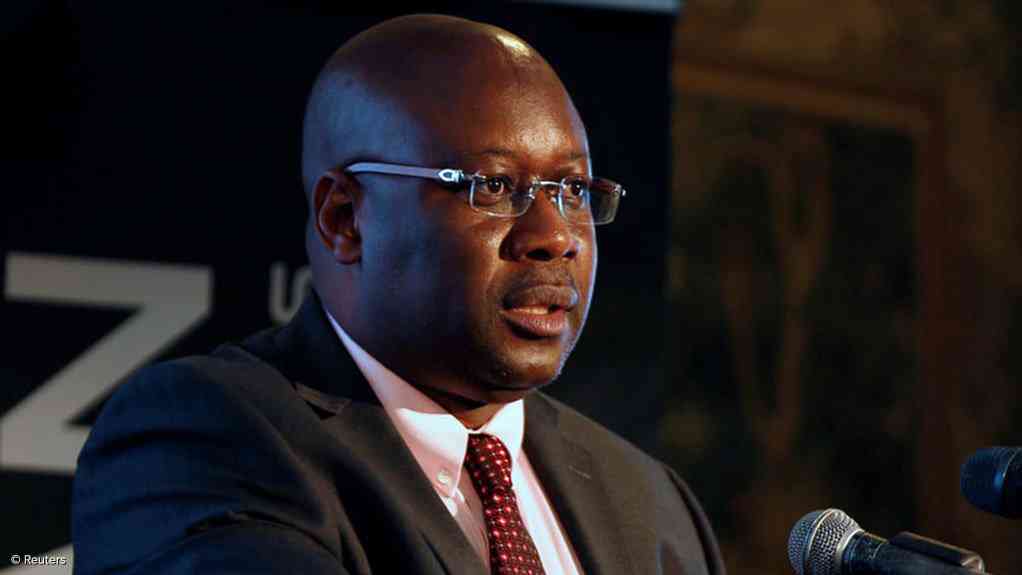
FINANCE and Investment Promotion minister Mthuli Ncube’s ZW$58,2 trillion (US$10 billion) national budget for 2024, against cumulative bids of over ZW$110 trillion, exposed a tight fiscal squeeze gripping the government, amid collapsing infrastructure, dwindling disposable income, and an impending El Niño-induced drought.
Presenting the fiscal statement yesterday at the new Parliament building, Ncube acknowledged that proposed bids by various portfolios, including those submitted by social service delivery ministries could not be met as a result of constrained fiscal space.
“During the formulation process of the 2024 National Budget, ministries, departments and agencies (MDAs) submitted funding requirements (bids) of over ZW$110 trillion, against the available envelope of ZW$58,2 trillion,” the Treasury boss indicated.
“The envelope is limited by the sustainable revenue to gross domestic product (GDP) ratio of about 18%, which has been allocated to MDAs…”
Cumulative revenue collections are projected at ZW$53,9 trillion largely in the form of tax revenue (ZW$51,2 trillion) and non-tax revenue (ZW$2,7 trillion).
This year, revenue figures stood at ZW$11,4 trillion by September 2023, against expenditures of ZW$12,3 trillion, resulting in a budget deficit of ZW$900 billion.
The government’s thrust to roll out capital infrastructure projects, cushioning the country’s restive civil service workforce from spiking inflation and providing social services to vulnerable citizens will in part account for expenditure.
“Guided by the expected revenue envelope and the desired fiscal path, expenditures in 2024 are projected at ZW$$58,2 trillion (19,8% of GDP),” he said.
- ‘Zim’s retailers deserve a wage subsidy’
- ‘Zim’s retailers deserve a wage subsidy’
- Africa’s debt conundrum
- High input costs could hit crop output
Keep Reading
The proposed expenditures take into account the increased funding of infrastructure projects through public private partnerships (PPPs), prioritised support to on-going public infrastructure projects, sustaining maintenance and rehabilitation of government infrastructure and the need to maintain the purchasing power of civil service salaries.
Subsequently, the ZW$4,3 trillion budget deficit will compel the government to mobilise resources from domestic and external creditors, creating a scenario that will potentially inflate Zimbabwe’s US$17,7 billion debt.
Zimbabwe has domestic and external debt obligations amounting to US$5 billion and US$12,7 billion, respectively.
“The total budget financing gap amounts to ZW$9,2 trillion, comprising a budget deficit of ZW$4,3 trillion (1,5% of GDP) and amortization of loans and maturing government securities estimated at ZW$4,9 trillion.
“The deficit will be financed through domestic and external borrowing,” Ncube said.
Emphasising the importance of the security sector, Ncube allocated the Defence ministry ZW$3,6 trillion, while the Ministry of Health and Child Care received a ZW$6,3 trillion vote.
Ncube extended ZW$3,9 trillion to the Home Affairs and Cultural Heritage ministry, while the Office of the President and Cabinet (OPC) received ZW$2,1 trillion.
The Treasury boss also extended a ZW$4,2 trillion vote to the Lands, Agriculture, Fisheries, Water and Rural Development ministry.
This, he emphasised, would make the southern African country food secure.
Declining commodity prices on the international market will also militate against growth.
“The domestic economy is now projected to grow by 5,5% in 2023, a slight upward revision from the August projection of 5,3%, on account of better-than-expected output in agriculture, in particular, tobacco, wheat, and cotton,” Ncube said.
“However, economic growth is expected to slow down to 3,5% in 2024, mainly owing to the anticipated impact of the El Niño phenomenon being forecasted for the 2023/24 summer cropping season on agricultural output, as well as declining mineral commodity prices attributable to the global economic slowdown.”
With fiscal and monetary authorities battling to contain the rising cost of living, Ncube projected 2024’s annual inflation figures hovering between 10% and 20%.
“In the outlook, annual inflation is expected to remain relatively stable and is projected to end the year 2023 slightly below 20%,” he said.
“In 2024, annual inflation is anticipated to end the year between 10% to 20%, reflecting continued tight monetary and fiscal policies.”
As the government continues to pursue its thrust to transform Zimbabwe into an upper middle-income economy by 2030, portfolios, such as Transport and Infrastructural Development; Public Service, Labour and Social Welfare; and Local Government and Public Works received ZW$1,1 trillion, ZW$2,3 trillion and ZW$1,2 trillion, respectively.
National Consumer Rights Association secretary Effie Ncube said the 2024 fiscal statement would not help lift scores of suffering citizens from acute poverty.
“The budget fails consumers in several respects. The first one is the fact that it fails to come up with a plan for job creation because before consumers can spend, they need to have jobs, well-paying jobs that will give them adequate income,” he said.
“The budget wasn’t pro-poor as it fell short in many ways. So, the minister promised a pro-poor budget but gave us a pro-rich budget that does not address the concerns of the poor people. The marginalised communities out there are languishing in poverty.”
The foreign currency exchange stood at US$1:ZW$5 791 as at November 30.










